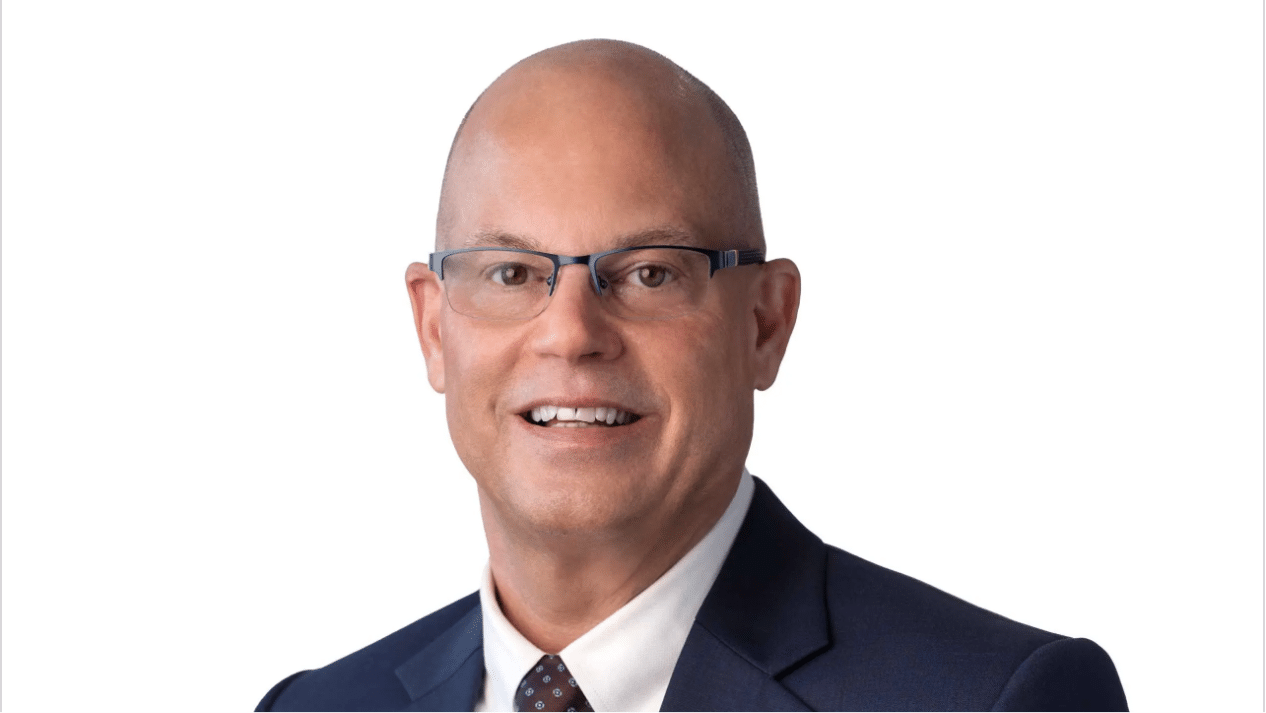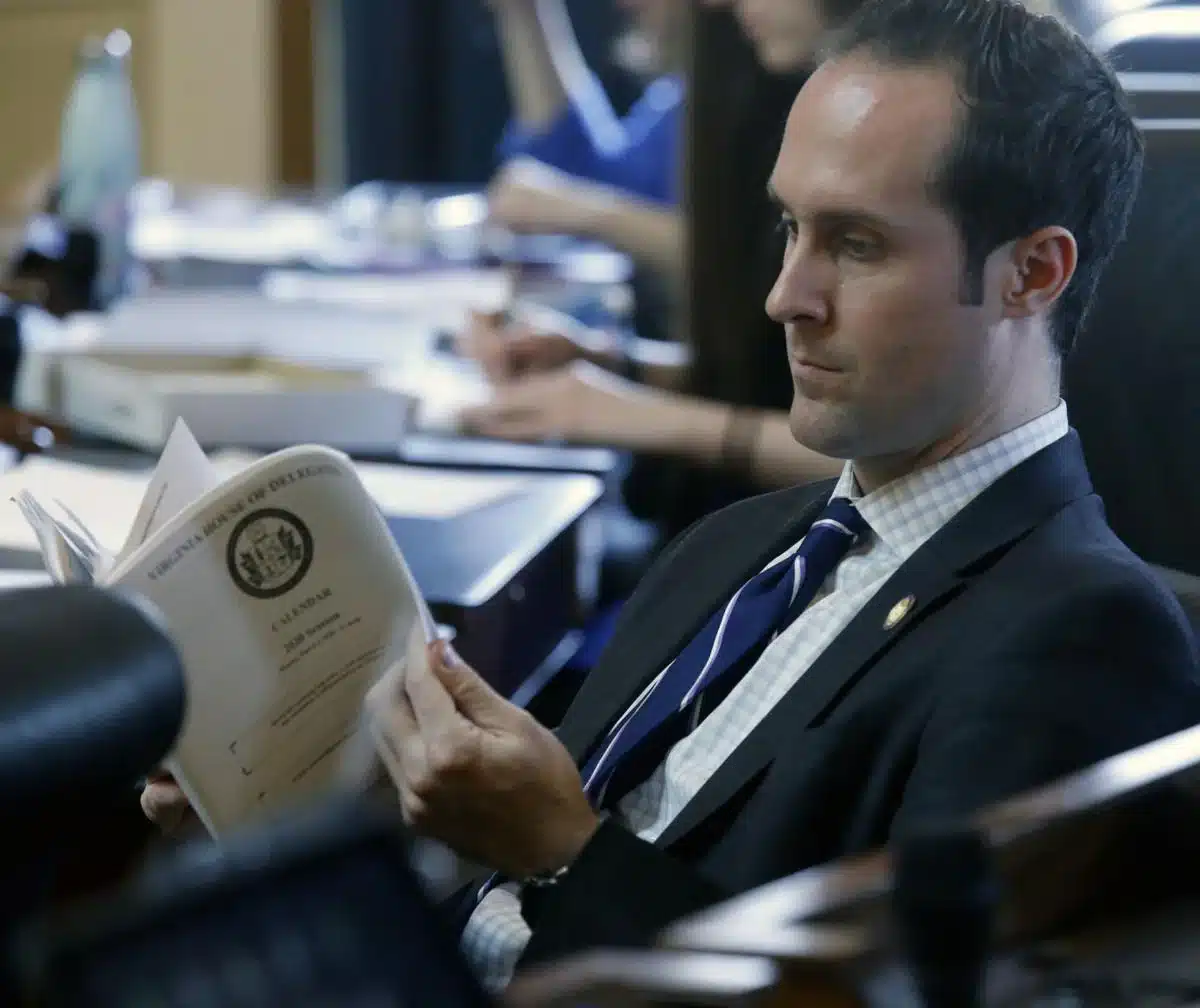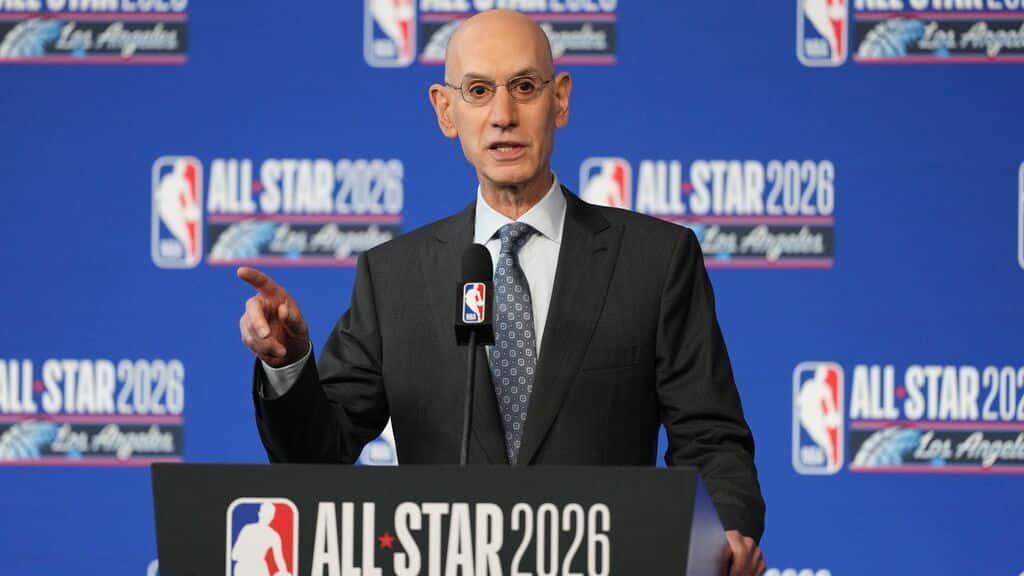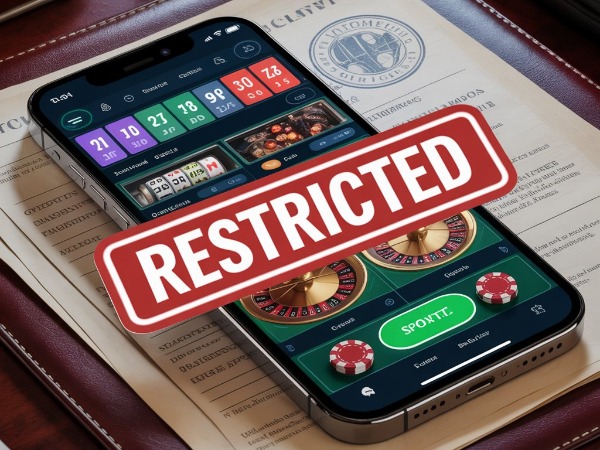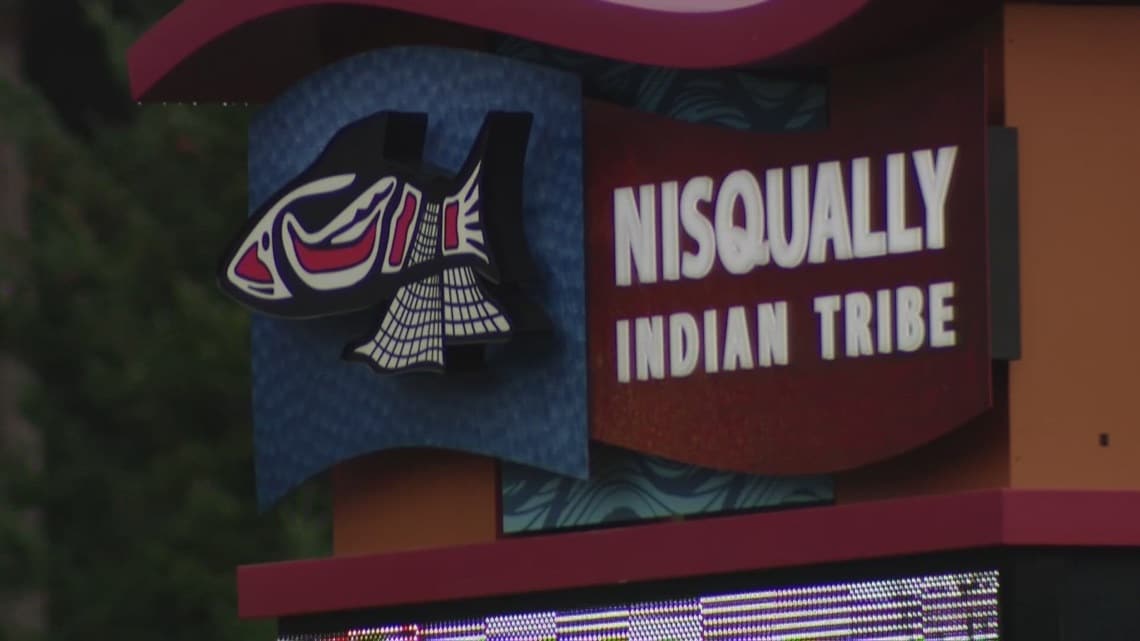
An acquisitive journey
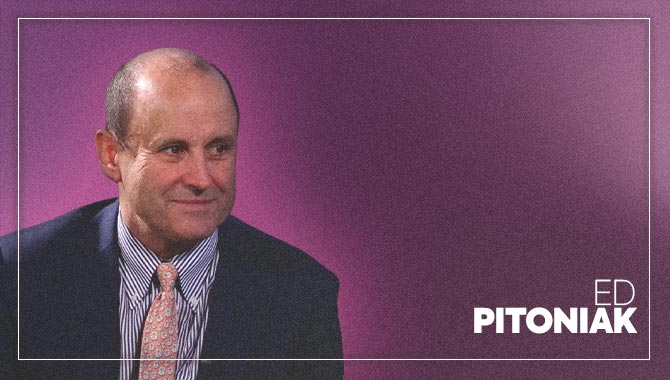
Ed Pitoniak’s leadership skills were honed in the magazine industry. Long before he led VICI Properties – that now hefty real estate investment trust (REIT) that emerged in 2017 out the debris of Caesars bankruptcy – Pitoniak had been the editor-in-chief of SKI Magazine, the industry standard publication covering that perennial favorite of winter sports.
What does running a magazine devoted to skiing have to do with helming a company which boasts a $30bn market capitalization, and owns half of the land beneath the Las Vegas Strip? In a word: storytelling. Magazine journalists tell stories and so too do the leaders of real estate investment vehicles, at least according to Pitoniak.
“When you reduce business leadership to its essence,” he explains, “it is telling a story to your people that unifies them around what it is you need to do as a business day by day to create value and a strong unified culture.”
The story that Pitoniak is telling his employees at VICI, as well as to potential investors, is a novel one: the institutionalization of an entirely new real estate investment category: casinos.
While the last two decades have seen the emergence of similarly new categories (data centers, cell towers, logistics hubs), for various reasons, asset managers had avoided investing in casino real estate: the view that casino owners were buccaneers, potential objections from the investment community, but, mostly, says Pitoniak, it was simply that they didn’t know much about the space.
“It’s kind of a pedagogical process, saying not that you should invest in this but that you should really learn about it. That’s the initial challenge: convincing people that it’s worth the time to know about it.”
To go about introducing the company to the investment community and capital markets, the group first had to address an initial, three-tiered challenge: structure the company soundly, install a superb board of directors, and, most importantly, reduce and restructure the company’s debt so that it was able to make new acquisitions.
New acquisitions are the lifeblood of REITs. These entities don’t operate the properties they own. Rather, they collect rents on the underlying land while their tenants deal with operations (in VICI’s case, the management of casinos and resorts built on said land), pay taxes on the land, and see that insurance and maintenance costs are covered. The more acquisitions the REIT has, the larger and more profitable its portfolio is, and the more money comes in in the form of rents.
When the VICI REIT was established, it was comprised of the physical properties previously held by a pre-bankruptcy Caesars Entertainment. Trouble had begun for the company in 2005, when Caesars and Harrah’s combined (the latter purchasing the former for $9.3bn and then later assuming the Caesars name). Private equity firms Apollo Global Management and TPG Capital then purchased Caesars in a take-private deal that costed $27.8bn. Of this sum, $10.7bn of Harrah’s debt was assumed, the private equity firms injected $6.1bn of their own capital, and the remaining $11bn was financed with new debt.
And then 2008 happened. The global economy cratered. People stopped going to casinos. They stopped spending money at lavish resorts on the Las Vegas Strip.
The ensuing bankruptcy was a contentious one. Eventually the company would be divided: the operational side became Caesars Entertainment while land beneath the once-great company’s properties became a REIT, VICI Properties. By now it was 2017, but this trust was still encumbered with debt and faced a hard road to profitability.
A recent report from Stanford University phrased the predicament succinctly: “VICI was a new gaming REIT in a nascent REIT category without the proven track record necessary to attract widespread investor interest. Most of VICI’s original owners were looking to exit their investment – not provide additional capital. VICI had no natural investor base and no readily available pool of capital to access at a time when it was highly levered, without a board, without a CEO, without a track record, and without a strategy.”
The first step was to address the personnel issue, for only then could the deleveraging and new acquisitions begin in earnest. Pitoniak was elected CEO at this point, and would be joined by James Abrahamson as board chair, John Payne as president, Samantha Gallagher as general counsel, and David Kieske as CFO. This core team brought with them deep wells of experience in worlds of real estate, finance, and the capital markets.
It would come in handy as VICI had to address debt levels that were expected to be 10.5 times the first year’s EBITDA. The early months of facing down this debt were spent convincing existing investors to do a debt-for-equity swap, bringing the debt-to-EBITDA down to 8.5. Then management was presented with an opportunity to purchase Harrah’s Las Vegas for $1.1bn. Too good to be true. They convinced the shareholders to provide $1bn in new equity, made the purchase, and debt was down to 6.8 times EBITDA. This was just low enough of a ratio to have the company go public. That’s when the acquisitions really began.
Today, the New York City-based company, with only 22 employees at the corporate level, has seen $30bn in acquisitions over the last five years; a remarkable $21bn of those were in 2021 alone. Across the nation, it holds the deeds on 44 casinos, hotels and racetracks, most notably the land beneath Caesars Entertainment properties and and that of MGM Resorts International’s (purchased by VICI in 2021 for $17.2bn). Among the many jewels in its crown are the Venetian, Mandalay Bay, Harrah’s Las Vegas, Caesars Palace and the Luxor. And it’s not just Las Vegas. From New Jersey to Iowa to Mississippi, you can walk into a casino and be stepping on land owned by VICI Properties. But there is one fact of which the CEO is particularly proud: VICI moving from IPO to the S&P 500 faster than any REIT in history.
From a personal perspective, Pitoniak has done well, considering that his journey to the heights of Wall Street began on a farm in New England.
He grew up at the foot of the Berkshire Mountains in western Massachusetts, where his father ran a dairy operation. “It was a good country upbringing and it was a long time ago,” he says. Scholarships allowed him the opportunity to leave the farm, first attending an elite boarding school before matriculating to Amherst College, where he graduated magna cum laude in 1978.
“Then I made my way to New York, like so many people do.”
Growing up in the shadow of the Berkshires instilled in him an abiding love of skiing, which led him to the aforementioned role at SKI Magazine. By 1996, it was time for a change, both of job and country. Pitoniak went into ski resorts operations and relocated to British Columbia. He found a home in the world of hotels and resorts and remained in this field for nearly two decades. First it was in the brass tacks of things, working his way up to senior executive of resort operations. Eventually, though, he would find his calling in managing REIT, first in Vancouver, eventually returning to the US, and finally, ending up leading one of the biggest REITs of them all: VICI Properties. Its phenomenal success in just five years shows that he is up to the task.
Hot off the heels of its flurry of acquisition for the group, one must wonder about the criteria by which VICI decides to purchase a property. There are four, as it turns out. Pitoniak rattles them off:
First, there needs to be “lower than average cyclicality versus consumer discretionary at large.” In layperson’s terms, this can be understood as the fact that gaming is not subject to the vicissitudes of the economic cycle (cyclicality) compounded with the fact that people are willing to spend money at casinos (consumer discretion).
Second: “We want the absence of secular threat – we want an operator providing an experience that cannot be attained at your home.” This sentiment harkens back to those industries that have been upended by the advent of the internet. Just think of all of those shuttered bookshops undone by Amazon. Gaming and resorts – experiential as they are – do not have to wallow in existential anxiety.
Third is a healthy supply and demand balance – “By which we mean assets that are of a cost and complexity that is not easily replicable or vulnerable to over supply.” This consideration dovetails quite neatly with VICI’s real estate portfolio. How many mega casino resorts can be built on the Las Vegas Strip anyway? How fast can new ones arrive nationwide to clutter the market?
Finally, Pitoniak notes, the importance of a durable end-user experience, for “it’s the experience that ends up constituting the durability of the real estate.” If the user is happy, they will keep coming back for more. In this regard, casino operators – his tenants – are nonpareil in getting the most out of their customers and keeping them coming back:
“When you operate place-based experience, you are managing the guest experience of time and the guest experience of space. And what gaming operators do better than anybody I have ever seen is constantly challenge themselves on how good an experience is for the guest in a given increment of time and in a given area of space.”
By way of example, Pitoniak notes that operators saw the daylight hours at resorts as underused times of day. What did they do? They imported the ‘dayclub’ from places like Ibiza. Soon, there were swimming pool parties fueled by booze and electronic dance music at two o’clock in the afternoon.
“You’re creating new experiences,” he finished. “By creating new experiences, you’re creating new revenue streams, by creating new revenue streams you’re creating new profit streams, and, overall, you’re getting much higher asset utilization which leads to higher capital return.”
Tags/Keywords
El equipo editorial de Gaming America ofrece una cobertura autorizada del iGaming, los esports y las apuestas deportivas en Estados Unidos y América Latina, en múltiples ediciones idiomáticas. Basándose en una profunda experiencia en la industria, el equipo combina un periodismo riguroso con pruebas exhaustivas de operadores...
Players trust our reporting due to our commitment to unbiased and professional evaluations of the iGaming sector. We track hundreds of platforms and industry updates daily to ensure our news feed and leaderboards reflect the most recent market shifts. With nearly two decades of experience within iGaming, our team provides a wealth of expert knowledge. This long-standing expertise enables us to deliver thorough, reliable news and guidance to our readers.

